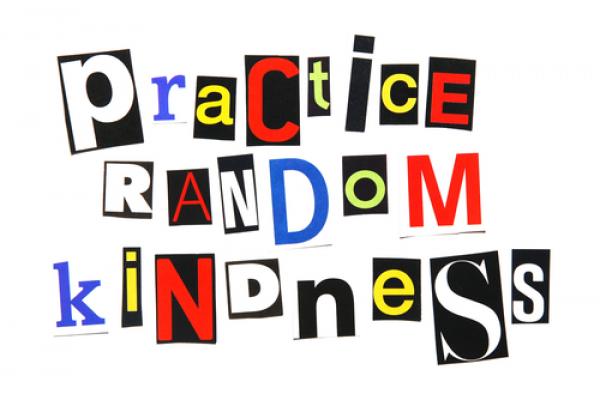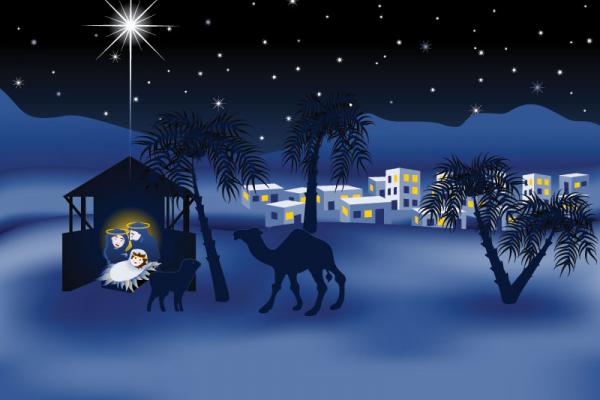This is not a blog post about gun control. Everything that can possibly be said about that subject, pro or con, has already been said millions of times since Friday. We are talking too much, too soon. In the words of my rabbi, “Judaism teaches that when there is nothing to say we should say nothing….Sometimes only silence gives voice to what has happened."
We Americans should all be sitting shiva.
But when, next week, we rise from our knees and begin working – together, I hope – to reduce the terrible problem of violence in our country, we must realize that our disorder goes much deeper than simply owning too many guns, and that any effective solution will have to go much deeper too.
When they are distressed, some people clean house or do push-ups I collect data. All week I have been amassing numbers and arranging them in rows and columns, trying to shed light on the question: Why are some nations violent while others are not?
“What Child is This,” written by William C. Dix in 1865 is one of the few Christmas carols I know of that does not have its own musical arrangement. It uses the tune, “Greensleeves” (a traditional English folk song, thought to have been written in the late 16th or early 17th century), which when paired with Dix’s lyrics creates a haunting and beautiful image of the birth of our Lord.
There’s another song that’s less well-known titled “Child of the Poor,” written by Scott Soper (published in 1994). The counter melody blends stunningly with the melody of “What Child is This.” Reading the lyrics, side by side, gives me chills. In part, because it reminds me that hope is found in low places — God could’ve chosen to be raised in comfort (as Moses was). The cross was only the finale of Jesus’ discomfort. “Child of the Poor” honors the death and discomfort we often don’t want to think about while we’re sitting around the fire drinking cocoa.
WASHINGTON — Foes of the federal contraception mandate are cheering a Tuesday appeals court decision requiring the Obama administration to devise exemptions to the new rule for two Christian colleges.
They’re also buoyed by the D.C. Circuit Court’s reversal of lower court decisions to throw out their cases. The administration had argued that because it was crafting an exemption to the contraception rule, the cases should not go forward.
Now the cases continue, and every 60 days, the administration must report on its plan to ensure that the colleges do not have to comply with the new rule, which mandates that employers cover contraception in their health plans.
“This is a win not just for Belmont Abbey and Wheaton, but for all religious non-profits challenging the mandate,” said Kyle Duncan, general counsel of the Becket Fund for Religious Liberty, who argued the case.
Whoops. I was joking with a co-worker today about writing a subversive post about how the song “Do You Hear What I Hear” is an extended metaphor for the Roman Empire’s takeover of Christianity, contorting Jesus’ message for its own ends. “Listen to what I say,” orders the unnamed king, as he urges adoration of Jesus and calls for peace — Pax Romana.
I did a quick Wikipedia search, and learned exactly how wrong I was. Rather than a subversive message about the twisting of the Gospel, “Do You Hear What I Hear” was actually a call for peace during the turbulence of the 1960s.
I mean, think about it: the song talks about the humbleness of the announcement of Jesus’ birth – only the night wind and the little lamb have heard about it. This whisper gets passed up to ever-increasing degrees of authority (a grassroots movement if we’ve ever seen one), until the king himself is calling for peace.
Many will remember pastor Terry Jones as the champion of the “Burn a Quran Day” event, intended to fan anti-Islamic rhetoric on the anniversary of the Sept. 11 attacks. Though many shouted him down and criticized his motives, he continues to have somewhat of a national platform for his agenda.
In this video produced by the New York Times, we get to witness what I consider a momentary intervention of God’s spirit in a beautifully, creatively nonviolent way. As Pastor Jones condemns Muslims and their religion, a man in the crowd pulls up the lyrics to the Beatles song, “All You Need is Love” on his phone. He stands next to jones and begins to sing, inviting the crowd to join in. It is beautiful because his hate is repaid with song, and the sting of his venomous words is neutralized without a hand or another voice being raised in anger (though I could do without the “idiot” sign, thanks).
Over the past few days on Twitter, NBC’s Ann Curry has almost single handedly popularized #26Acts, an initiative asking people to do 26 acts of kindness in honor of the 26 victims of the Newtown, Conn. shooting.
In line with Momma T’s famous quote, “ We cannot do great things on this earth. We can only do small things with great love,” Curry says that #26Acts originated with a simple principle in mind: “If you do good, you’ll feel good.”
But why does everyone have to Tweet about paying it forward? That’s a legitimate criticism and one that many a Twitter user have struggled with. As one person puts it, “While I get the intent of #26Acts fully, tweeting acts of kindness sometimes comes off as patting one's own back. Conundrum.”
Indeed. But even if these acts of kindness are sensationalized and socialized, they’re still encouraging people to do good — albeit in a potentially imperfect way.
So, in honor of those honoring those taken so suddenly, here are some of the most heartwarming #26Acts of kindness I’ve seen so far.
I don’t know about you, but I’m pretty sure I have sung “O Little Town of Bethlehem” every year on Christmas Eve for my entire life. But I believe this carol’s lyrics, specifically the words of the first verse, invite a little more thought than we normally give them.
O little town of Bethlehem
How still we see thee lie
Above thy deep and dreamless sleep
The silent stars go by
Yet in thy dark streets shineth
The everlasting light
The hopes and fears of all the years
Are met in Thee tonight
For now let’s ignore the historical inaccuracies of the song, and focus on what the words mean, especially the last four lines. How beautiful is it that through the dark world a light came to bind together the hopes and fears of all the years (I choose to see it as past and future) in Jesus?





